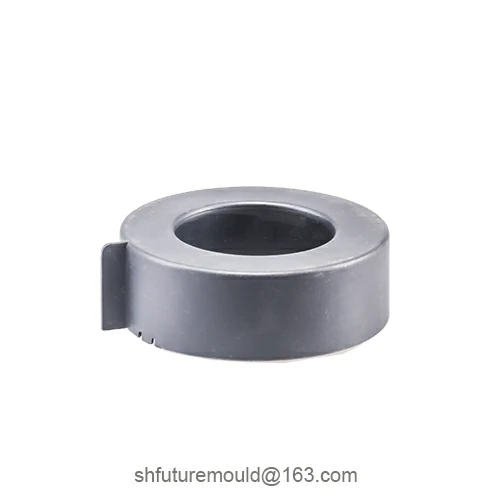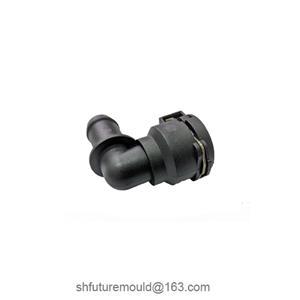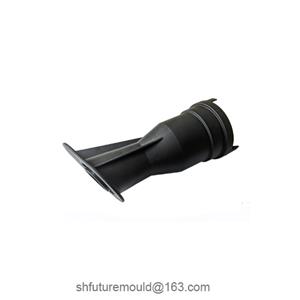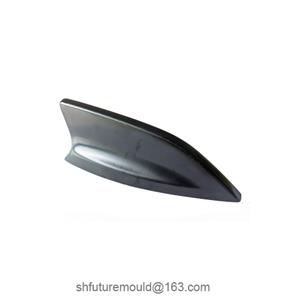Análisis de flujo de molde en moldeo por inyección
Mold Flow Analysis (MFA) is a software tool that utilizes Computer-Aided Engineering (CAE) techniques to simulate the flow, filling, cooling, and solidification of plastic during the injection molding process. It enables engineers and production personnel to analyze and predict the quality of molded parts and optimize the molding process.
MFA has gained widespread application in the injection molding industry, offering valuable insights into various aspects of product development and manufacturing. Its key benefits include:
1. Optimizing Mold Design:
a. Evaluating Gate Location and Size: MFA helps assess the effectiveness of gate placement and dimensions, ensuring proper melt flow and part filling.
b. Analyzing Filling Behavior: By simulating the filling process, MFA identifies and eliminates filling defects such as short shots, flashes, warpage, and thinning.
c. Predicting Shrinkage and Deformation: MFA predicts part shrinkage and deformation, allowing for design modifications to minimize these effects.
d. Assessing Venting Effectiveness: MFA evaluates the efficiency of venting channels and vents, optimizing their placement and dimensions to ensure proper air evacuation.
e. Evaluating Cooling System Performance: MFA assesses the effectiveness of cooling channels, enabling the optimization of their design for uniform cooling and reduced cycle times.
2. Predicting Part Quality:
a. Predicting Wall Thickness Distribution: MFA predicts part wall thickness distribution, identifying areas prone to excessive thinness or thickness variations.
b. Predicting Internal Structure: MFA predicts the presence of internal defects such as bubbles, voids, and weld lines, allowing for design or process modifications to eliminate them.
c. Predicting Mechanical Properties: MFA predicts the mechanical properties of the molded part, including strength, stiffness, and toughness, guiding material selection and process optimization.
3. Optimizing Molding Process:
a. Determining Optimal Process Parameters: MFA helps identify the optimal injection pressure, injection speed, holding time, and cooling time, ensuring proper part filling, cooling, and quality.
b. Evaluating Process Parameter Effects: MFA assesses the impact of different process parameters on part quality, allowing for targeted adjustments to achieve desired outcomes.
c. Reducing Trial Molding Cycles: MFA shortens trial molding cycles by minimizing the need for physical testing and modifications.
d. Lowering Production Costs: MFA contributes to reduced production costs by optimizing mold design, process parameters, and part quality.
4. Avoiding Mold Trials Issues:
a. Early Detection of Design Flaws: MFA identifies design flaws early in the process, preventing costly mold modifications later.
b. Shortening Mold Trial Period: MFA shortens the mold trial period, accelerating product development and time-to-market.
c. Enhancing Product Quality Consistency: MFA promotes consistent product quality by identifying and eliminating potential sources of variation.




